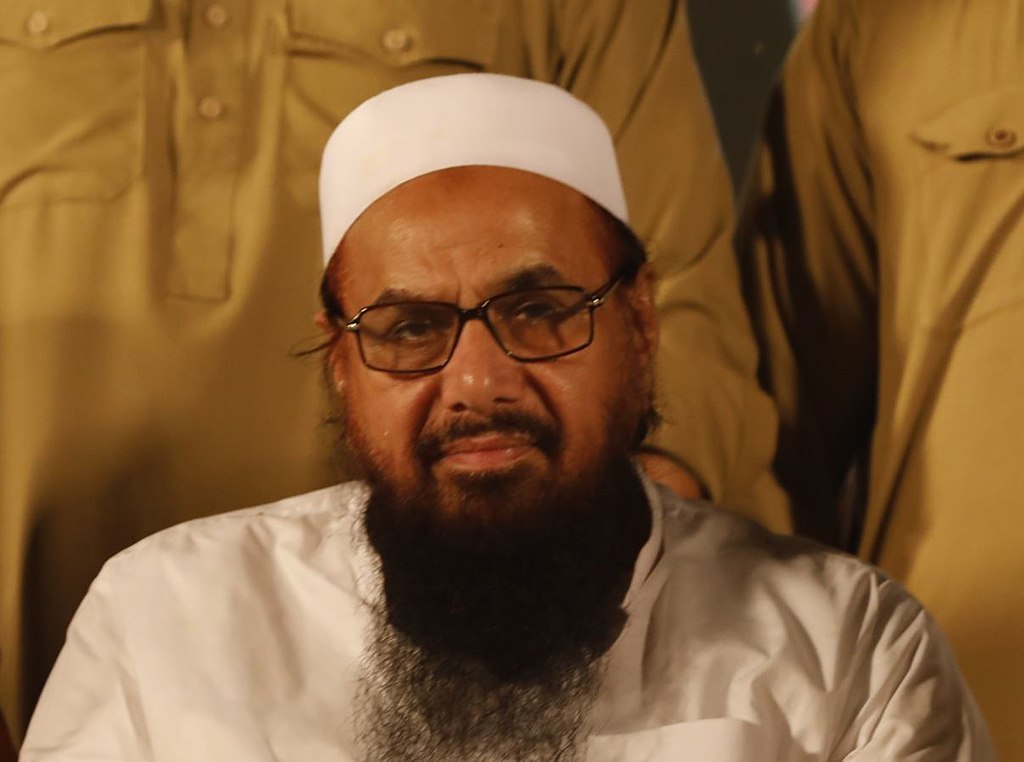Anwesha Dash, Pune
Pakistan Markazi Muslim League, a new party that has been founded in Pakistan and would also be contesting in the general elections of the country, has come under the scrutiny of it’s neighbour India, as many of the candidates in the party are associated with the banned Lashkar-e-Taiba terror organisation either through familial ties with the 26/11 accused Hafiz Saeed or were themselves a part of the organisation.
After the 26/11 terror attacks were carried out throughout the city of Mumbai in India, the terrorist organisation that carried out the attacks, Lashkar-e-Taiba, were banned in many parts of the world. They were also outlawed in their country of origin , Pakistan, in the year 2002. But in a recent development in the said country, a new political party has emerged, known as Pakistan Markazi Muslim League. Candidates of this party that have been nominated from different cities are associated with LET either as former members or are relatives of Hafiz Saeed.
Designated as a “global terrorist” by the United Nations, Hafiz Saeed, the architect of the 26/11 terror attacks in Mumbai and leader of LET, has been incarcerated in a jail in Pakistan with a term of 31 years. Though India has asked its hostile rival to hand over the terror accused, Pakistan has upheld that no treaty exists between the two nations to govern this action.
As per reports, Talha Saeed, the son of Hafiz Saeed and the second in command in LET, will also be contesting in the February elections in Pakistan. He is also a wanted terrorist in India under the Unlawful Activities (Prevention) Act, after the Mumbai terror attacks. Along with Hafiz Saeed, his son was also asked to be extradited by the Indian government, but Pakistan refused the request.
New Delhi had stated that the “mainstreaming extremities in local politics” is an old ploy of their rival nation, after the reports about Talha Saeed contesting for elections were revealed. And as the news of this new party emerged many political analysts on both sides of the border allege that this might be the “new face” of the banned LET.
